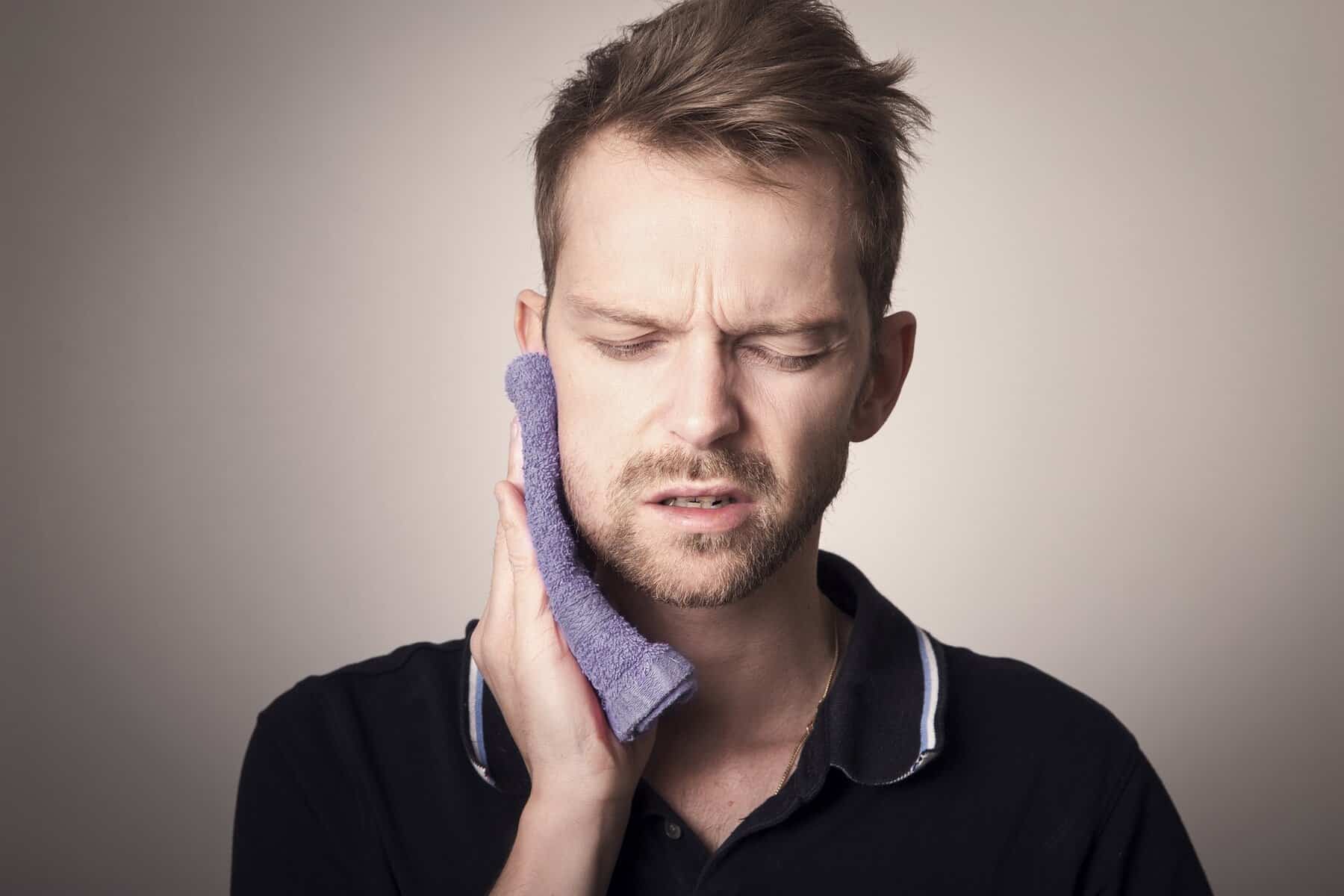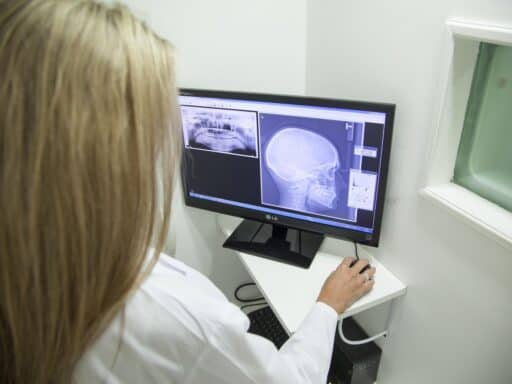Table of Contents Show
Ever had a pounding headache and wondered if your wisdom teeth might be to blame? You’re not alone. While headaches can have many triggers—stress, dehydration, lack of sleep—one sneaky culprit often flies under the radar: wisdom teeth. These late-blooming molars might be small, but when they start causing trouble, the effects can radiate far beyond your mouth.
Here, we’ll break down the surprising connection between wisdom teeth and headaches, the warning signs to watch for, and how to find relief.
What Are Wisdom Teeth and Why Are They Problematic?
Wisdom teeth, also known as third molars, typically come in between the ages of 17 and 25.1 For some very lucky people, they come in smoothly and settle without issue. But for many others, these teeth don’t have enough space to grow properly, leading to what dentists call “impaction.”2
When wisdom teeth are impacted, they push against neighboring teeth, irritate the gums, and create pressure in the jaw. This tension can easily spread to the head and neck, causing headaches.
How Do Wisdom Teeth Cause Headaches?
The connection between wisdom teeth and headaches comes down to pressure, inflammation, and nerve irritation. Here’s how it happens:
- Impaction Pressure: Impacted wisdom teeth press on surrounding teeth and jaw muscles. This can lead to muscle strain and tension headaches, which often feel like a tight band around your head.
- Gum and Nerve Irritation: Partially erupted wisdom teeth can irritate sensitive gum tissue and nearby nerves. This irritation may cause referred pain, meaning you feel discomfort in your head even though the source is in your jaw.
- Sinus Involvement: The upper wisdom teeth are near the sinuses.3 If these teeth push against the sinus cavities, it can result in sinus-like headaches with facial pain and pressure.
- Jaw Misalignment and TMJ Strain: Wisdom teeth pushing on other teeth can affect your bite alignment, leading to temporomandibular joint (TMJ) dysfunction,4 another common cause of headaches.
Symptoms of Wisdom Teeth-Related Headaches
So, how can you tell if your headache is related to your wisdom teeth? Here are some signs:
- Persistent, dull aches in the back of the jaw or temples
- Headaches triggered by chewing, jaw clenching, or teeth grinding
- Jaw pain or stiffness
- Swollen, tender gums around emerging or impacted wisdom teeth
- Bad breath or an unpleasant taste in the mouth due to gum infection
- Pain radiating from the jaw to the ears or head
If you’re experiencing a combination of these symptoms, it’s time to look at your wisdom teeth. In her Instagram post, Dr. Neha Aggarwal explains the painful symptoms of wisdom teeth in a simple way.
Diagnosing and Treating Wisdom Teeth Headaches
To determine if your wisdom teeth are behind your headaches, a visit to the dentist is a must. Your dentist will do a thorough examination, including X-rays, to check for impaction, misalignment, or infection.
Depending on the diagnosis, treatment options may include:
- Pain Management: Over-the-counter pain relievers, cold compresses, and topical numbing agents can provide temporary relief.
- Oral Hygiene Measures: Keeping the area clean with regular brushing, flossing, and saltwater rinses helps prevent infection and reduce inflammation.
- Lifestyle Adjustments: Avoiding tough foods, limiting jaw movements, and practicing stress-reducing techniques like meditation can minimize discomfort.
- Wisdom Teeth Removal: In cases where impaction is severe or headaches persist, surgical extraction may be the best long-term solution.5
Don’t Ignore the Signs
Left untreated, problematic wisdom teeth can cause more than just headaches. They can lead to infections, damage to nearby teeth, and even cysts or abscesses. Regular dental checkups are your best defense, allowing early detection and intervention. Removing wisdom teeth can be beneficial for your future.
Final Thoughts: Listen to Your Body (and Your Dentist)
If you’ve been experiencing unexplained headaches and suspect your wisdom teeth might be involved, don’t dismiss it.6 Not every headache is tooth-related, but wisdom teeth are a common yet overlooked source of pain.
By being proactive with dental care and seeking professional advice, you can tackle wisdom teeth issues before they get out of hand and enjoy headache-free days.
References
- professional, C.C. medical (2025) Wisdom teeth: Why do we have them anyway?, Cleveland Clinic. Available at: https://my.clevelandclinic.org/health/body/23223-wisdom-teeth (Accessed: 26 May 2025).
↩︎ - Impacted wisdom teeth (2024) Mayo Clinic. Available at: https://www.mayoclinic.org/diseases-conditions/wisdom-teeth/symptoms-causes/syc-20373808 (Accessed: 28 May 2025).
↩︎ - Kyle Parkway Dentistry (2024) Unveiling the impact of wisdom teeth on sinuses, Kyle Parkway Dentistry. Available at: https://www.kyleparkwaydentistry.com/blog/unveiling-the-impact-of-wisdom-teeth-on-sinuses/ (Accessed: 28 May 2025).
↩︎ - TMJ disorders (2024) Mayo Clinic. Available at: https://www.mayoclinic.org/diseases-conditions/tmj/symptoms-causes/syc-20350941#:~:text=Temporomandibular%20joint,-TMJ%20disorders%20affect&text=It%20connects%20the%20jawbone%20to,muscles%20that%20control%20jaw%20movement. (Accessed: 26 May 2025).
↩︎ - Ghaeminia, H. et al. (2020) Surgical removal versus retention for the management of asymptomatic disease-free impacted wisdom teeth, The Cochrane database of systematic reviews. Available at: https://pmc.ncbi.nlm.nih.gov/articles/PMC7199383/ (Accessed: 28 May 2025).
↩︎ - Frothingham, S. (2019) Headache from wisdom teeth: Causes and treatment, Healthline. Available at: https://www.healthline.com/health/headache-from-wisdom-teeth (Accessed: 28 May 2025).
↩︎







